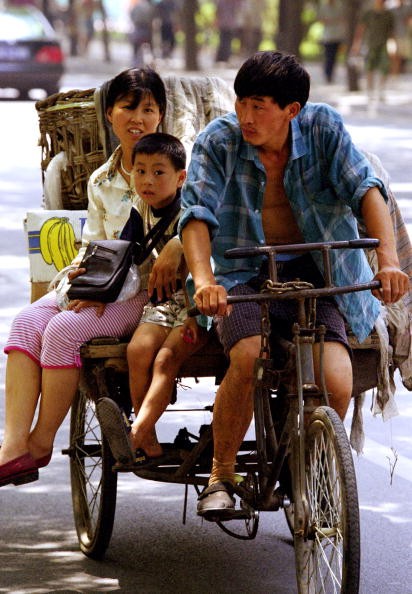The Chinese government will retain its newly revised family planning policy for the next 20 or 30 years in order to control its large population, due to demographic pressures that the country will face for some time, according to a statement by a senior official on Monday, as reported by the Global Times.
The country's population is predicted to peak at around 1.45 billion by 2030 and decrease to around 1.38 billion by 2050.
China will always have a large population, so the country must stick to its family planning policy for the next 20 to 30 years, according to a statement by Wang Pei'an, vice minister of the National Health and Family Planning Commission (NHFPC), during a press conference.
The statement was made as a response to speculations that the new two-child policy is the beginning of a planned relaxation of the one-child family planning policy.
Experts believe that a country as heavily populated as China needs to control its population for the sake of its people. However, the current family planning policy may see minor changes in the near future.
"China's demography is dynamic. It changes with time and the current family planning policy may still undergo minor changes in the future," according to Li Jianmin, professor at Nankai University.
In the meantime, China plans to improve its maternal and child healthcare. It has also adopted measures that will allow it to better allocate resources and train more doctors, according to Wang.
The government has promoted the training of more midwives and pediatricians among universities and medical schools all over the country. It has also called for higher salaries for these occupations in an effort to make them more appealing for those choosing a profession, reported Xinhua.
"Children's hospitals in China are scarce even in major cities, let alone poor and remote areas. The new policy will ensure more medical resources," said Li.
"2016 may see a baby boom thanks to the two-child policy as well as this year's Zodiac animal, monkey, which is prized by the Chinese for its liveliness and intelligence. The government's pledge to improve maternal and child healthcare is quite timely," an anonymous gynecologist from Ningxia said in a statement to the Global Times.



























